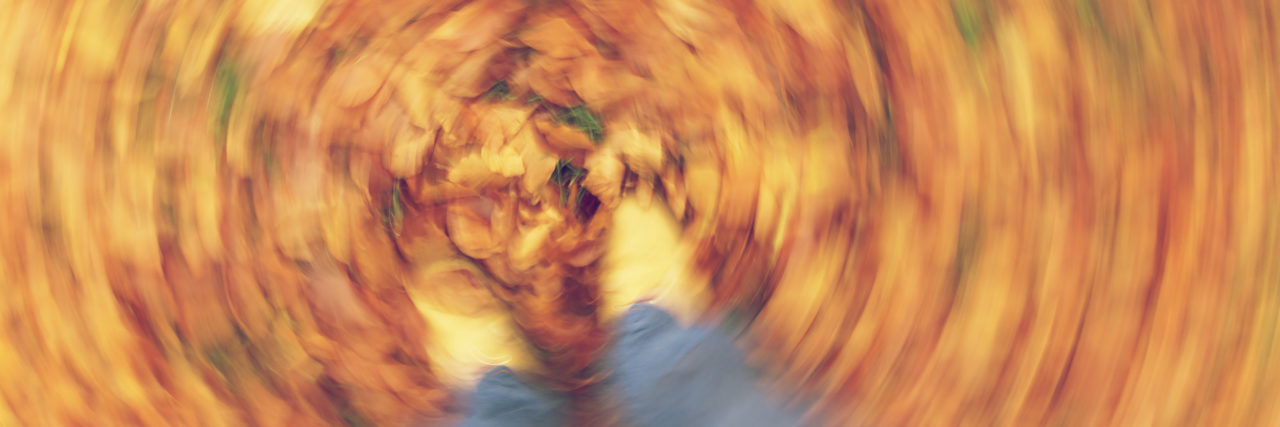Why 'Balance Awareness Week' Is Important to Those With Inner Ear Conditions
This week starts Balance Awareness Week. Balance is something that typically affects the elderly, but I’m here to say I wish someone would have educated me earlier on the severity of vestibular disorders and what they are. Infection, concussion, and autoimmune conditions can all cause balance disorders. Doctors and nurses are often not educated on these disorders and the severity of their impact to both the balance and visual system.
Recently, in February of this year, I was diagnosed with a brain injury, the cause of my prior diagnosis, unilateral vestibular hypofunction (UVH). This is an uncommon vestibular disorder caused by damage to the inner ear, and it has no cure. UVH has turned my world upside down. I compare it to missing a limb, except that limb affects your balance and visual system making you hypersensitive to everything, like sound, light, and motion. Some days it can be sheer torture and I wouldn’t wish it on my worst enemy. This condition is highly disabling – personally, I lost the ability to grocery shop solo. Even when assisted, it is extremely difficult. Coffee outings with friends are almost impossible now unless that friend is incredibly understanding that I may need to stop and rest in a dark, quiet environment.
In essence, UVH means one ear is not functioning properly in alignment with the other ear. Imagine a scale and someone drops a three-pound weight on one side, and that side drops. That is one ear with balance. My right side is functioning at only 40 percent instead of 100 percent with my left side. Although there are many vestibular disorders, some have better treatment options. My right side is damaged, so I will never be getting it back to 100 percent. Furthermore, most people don’t realize the inner ear also can affect vision, so when there is inner ear dysfunction, it can also cause oscillating, double, blurry, misaligned vision which can trigger anxiety, vertigo and sensitivity to light/sound. Between the both, your brain can become flooded with too much information as your world spins and vision is out of focus.
Doctors say it was “dumb luck” that I developed UVH in addition to everything else. I have had many apologize for what I’m going through, knowing there is no cure. Some even think I was more prone to developing complications due to pre-existing conditions. I have prepared mentally that this will only get harder and will now be my new normal. UVH has taken away a great deal of independence and I’m more reliant than I would like to be. Being reliant is by far the hardest thing to cope with. Others see you look healthy on the surface, but when you need to use a wheelchair or depend on others, many comments can follow — often by those the closest to you.
As unilateral vestibular hypofunction plays on my other brain condition —chiari malformation, and autonomic condition-postural orthostatic tachycardia syndrome (POTS), I fight daily just to focus on my surroundings or conversations. Most likely, I will also need physical therapy and neuro-rehab the rest of my life until there is implant or cure.
So please, take time to learn about vestibular system this Balance Awareness Week. I had no idea about it prior to my brain injury, and it is by far one of the worst things I’m having to conquer on a daily basis.

